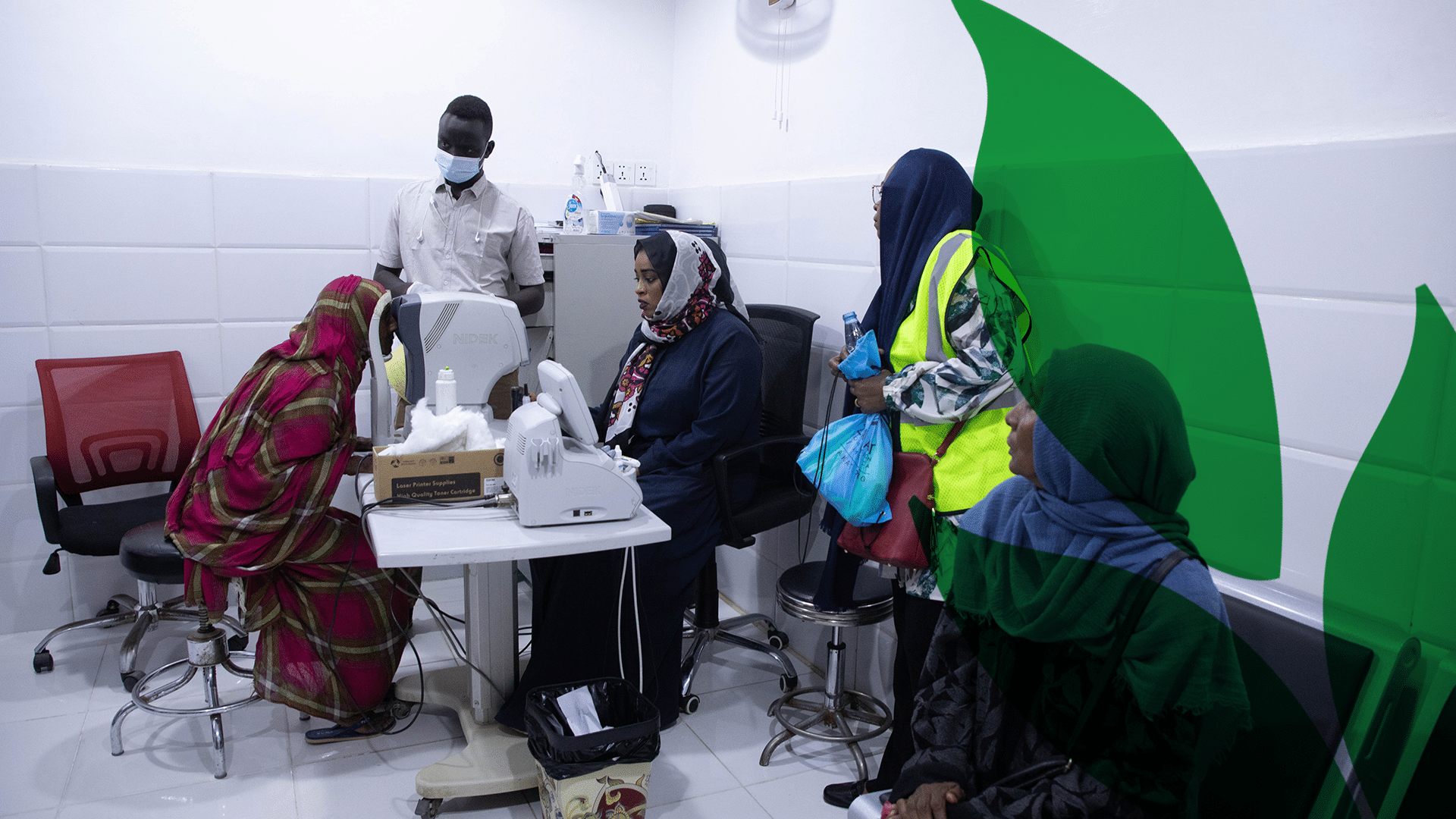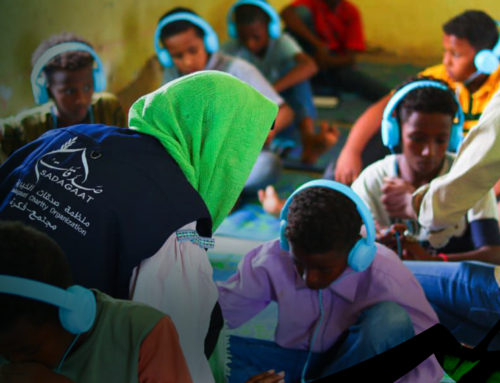Sudan has faced immense healthcare challenges in recent years, exacerbated by political instability, conflict, and limited resources. Various organizations and initiatives have stepped up to address these issues and improve healthcare access and delivery across the country. This comprehensive guide will explore the most pressing questions about healthcare initiatives in Sudan and provide insights and resources to help address these concerns.
The State of Healthcare in Sudan
What are the Main Healthcare Challenges Facing Sudan?
Sudan’s healthcare system has been severely strained by decades of conflict, political instability, and limited resources. Some of the key challenges include:
- Lack of Access to Basic Healthcare Services: Many rural and conflict-affected areas lack essential healthcare facilities.
- Shortage of Healthcare Workers and Medical Supplies: The country faces a critical shortage of trained healthcare professionals and necessary medical supplies.
- High Rates of Communicable Diseases: Malaria, tuberculosis, and HIV/AIDS remain prevalent.
- Increasing Prevalence of Non-Communicable Diseases: Conditions such as diabetes and cardiovascular diseases are on the rise.
- Disruptions to Disease Surveillance: Political and social instability hinder effective disease surveillance and outbreak response.
- Barriers for Displaced Populations: Internally displaced persons and refugees often struggle to access healthcare services.
International Response to the Healthcare Crisis
How are International Organizations and Aid Agencies Responding?
Several international organizations and aid agencies have stepped up to address the healthcare challenges in Sudan. Some key initiatives include:
- World Health Organization (WHO): Coordinating health response, reinforcing disease surveillance, and distributing lifesaving medical supplies.
- Doctors Without Borders (MSF): Providing emergency treatment, running mobile clinics, and offering mental health support.
- U.S. Centers for Disease Control and Prevention (CDC): Expanding access to HIV treatment, training healthcare workers, and improving local health programs.
- U.S. Agency for International Development (USAID): Improving access to essential health services, safe water, and sanitation.
- CARE International: Providing relief services to internally displaced people and promoting peace and stability.
Community-Based Initiatives
How are Community-Based Initiatives Helping to Improve Healthcare Access?
Community-based initiatives have played a crucial role in expanding healthcare access, particularly in remote and conflict-affected areas. Some examples include:
- Community Outreach Volunteer (COV) Program: Supported by the CDC and the South Sudan Ministry of Health, this program brings HIV care and treatment directly to people living with HIV.
- Mobile Clinics: Organizations like MSF and CARE International run mobile clinics to reach displaced populations and communities with limited access to healthcare facilities.
- Training Local Healthcare Workers: Programs like Project ECHO, implemented by the CDC, provide virtual training to clinicians and other healthcare providers.
- WASH Initiatives: Community-based water, sanitation, and hygiene initiatives improve access to clean water and sanitation, essential for maintaining good health.
Long-Term Strategies for Strengthening Healthcare
What are the Long-Term Strategies for Strengthening Sudan’s Healthcare System?
Strengthening Sudan’s healthcare system for the long term will require a multifaceted approach, including:
- Investing in Healthcare Infrastructure: Building and renovating healthcare facilities and improving access to essential medical equipment and supplies.
- Expanding the Healthcare Workforce: Training and retaining more healthcare workers, particularly in underserved areas.
- Improving Disease Surveillance: Enhancing capabilities to better detect and manage infectious disease threats.
- Integrating Primary Healthcare Services: Combining these services with community-based initiatives to enhance access and utilization.
- Addressing Social Determinants of Health: Improving access to clean water, sanitation, and nutrition to enhance overall population health.
- Fostering Collaboration: Encouraging cooperation between the government, international organizations, and local communities to ensure sustainable healthcare solutions.
Sadagaat-USA: A Beacon of Hope
About Sadagaat-USA
Sadagaat-USA is dedicated to helping Sudan by providing essential resources and support to those in need. By focusing on sustainable development and humanitarian aid, Sadagaat-USA ensures that donations have a lasting impact on communities.
Sadagaat-USA’s Healthcare Initiatives
Sadagaat-USA operates several initiatives aimed at improving healthcare in Sudan. These include:
- Medical Supplies and Support: Providing medical supplies to healthcare facilities to enhance their capacity to treat patients.
- Health Education Programs: Educating communities about health practices and disease prevention.
- Infrastructure Development: Building and renovating healthcare facilities to improve access to medical services.
Success Stories
Through its dedicated efforts, Sadagaat-USA has made a significant difference in many communities. For example, their provision of medical supplies during health crises has saved countless lives. Educational programs have empowered communities with knowledge about health practices, leading to better health outcomes.
How You Can Help
Ways to Support Sadagaat-USA
There are multiple ways to support Sadagaat-USA:
- Donate: Financial contributions are essential for sustaining Sadagaat-USA’s programs.
- Volunteer: Offer your time and expertise to assist with projects and initiatives.
- Spread the Word: Share information about Sadagaat-USA’s work within your networks to increase awareness and support.
Why Donate to Sadagaat-USA?
Donating to Sadagaat-USA ensures that your contribution directly benefits those in need in Sudan. The organization’s transparent operations and proven impact make it a trustworthy choice for donors. By supporting Sadagaat-USA, you help create lasting change and improve the lives of many.
Measuring Impact
How Sadagaat-USA Measures Impact
Sadagaat-USA regularly publishes detailed impact reports, showcasing the outcomes of its programs. These reports provide insights into how donations are used and the tangible benefits achieved. By measuring and reporting on their impact, Sadagaat-USA maintains accountability and demonstrates the effectiveness of their work.
Testimonials from Donors
Many donors have shared positive experiences with Sadagaat-USA, highlighting the organization’s dedication and transparency. These testimonials reflect the trust and satisfaction of those who have contributed to Sadagaat-USA’s mission.
Conclusion
The healthcare challenges facing Sudan are complex and multifaceted, but various organizations and initiatives are working tirelessly to address these issues and improve healthcare access and delivery across the country. By addressing the top FAQs highlighted in this blog post, we hope to provide a comprehensive understanding of the current state of healthcare in Sudan and the efforts underway to strengthen the system for the long term. As the situation continues to evolve, it is essential to stay informed and support the ongoing initiatives that are making a tangible difference in the lives of Sudanese people.

















